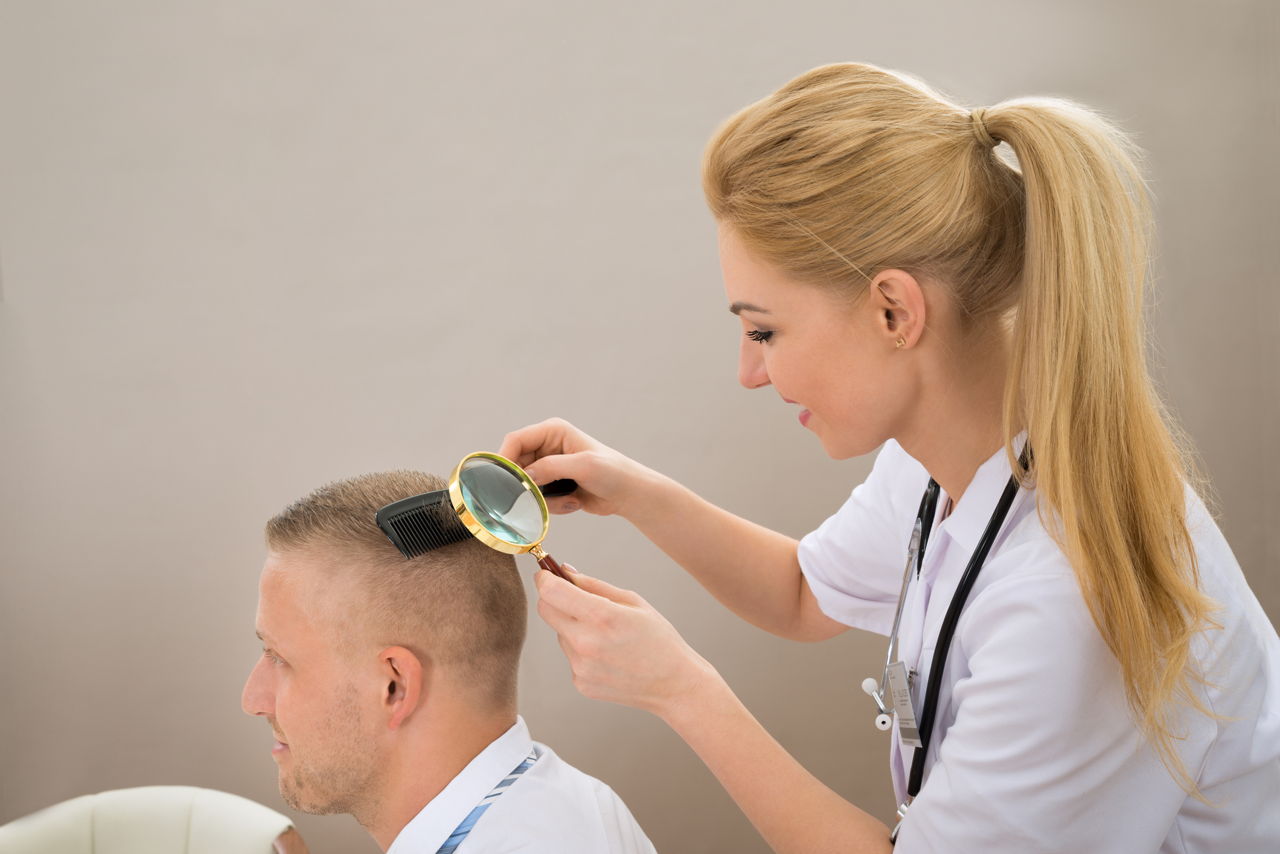
There are, as such, no psoriasis remedies. However, there are methods which can be used for managing the symptoms of the condition. This article provides some of these methods that might prove beneficial.
Thick, silvery, dry, and itchy red patches characterize one of the most common skin diseases experienced by many, psoriasis. This condition has its ill effects on the skin cells to attain an abnormal rapid growth. In this way, the life cycle of the cells is affected. Psoriasis is a chronic form of a skin disorder and as mentioned above, there has been no cure evolved for the condition. However, there are methods which can be used to manage the symptoms, reduce the severity, and increase the remission of the disease.
Some Natural Treatment Methods
Use of aloe cream derived from the leaves of the aloe vera plant is known to be one of the effective ways to manage the symptoms of this skin condition. It helps reduce redness, itching, and inflammation of the affected area. Its regular use, several times a day is required for best results.
Apart from this, an extract from chili peppers has the quality to relieve itching and keeps the disease from getting worse. One should take care to get their hands thoroughly washed after having used this capsaicin cream, as one may unintentionally rub their eyes with the same hands.
The omega-3 fatty acids in fish oil is known to possess anti-inflammatory properties and so, it helps in reducing the inflammation in psoriasis. General recommendation of dosage is about 3g or less.
A warm bath with water mixed with Epsom salt is effective in treating the discomfort of the disease. To add to its effectiveness, one can apply olive oil to the affected area after the epsom salt bath. It is believed that most people have experienced reduction in the severity of this skin condition through the regular use of dead sea salts. Furthermore, it has also helped them to interrupt the progress of the disease.
Bitter gourd is considered to be a popular home remedy to relieve the symptoms of this skin problem. A cup of its fresh juice, mixed with few squeezes of lemon, might prove useful to treat this condition. The juice has to be taken on an empty stomach for a period of about 4-6 months, for best results.
Mud packs are believed to have the property to absorb and remove toxins from the affected area.
Use of cabbage leaves as compresses are said to have shown improvements in many cases. Remove the thick veins of the leaves and after getting them thoroughly washed, apply them on the affected area.
The affected people may also benefit with the treatments like water therapy offered by various spas, ayurvedic, holistic centers, and health clinics. Intake of daily dose of vitamin E may also help. Dosage to go with is 200-800 I. U.
Getting exposed to sunlight is one of the natural remedies to lessen the symptoms of this skin condition. It causes tanning of the area being exposed and this is what initiates the healing process. However, too much of sunlight may turn out to be harmful and so, it is advisable to sought a doctor’s advice on the application of this treatment method. Food rich in lecithin, when added to the diet, show remarkable improvement in the appearance of the skin and the treatment, as well. Such foods are egg yolk, soybeans, grains, wheat germ, fish, legumes, yeast, and peanuts, to name a few.
Use of garlic oil and cashew nut oil on the affected area, also help in alleviating the discomfort. Herbs are one natural remedy for dealing with the symptoms of this skin problem. The common herbs which are used include milk thistle, oregano oil, shark cartilage, and turmeric. For scalp psoriasis, use of cool charmomile tea, neem oil, eucalyptus oil, and lavender oil are recommended. Sulfate-free shampoos with wheat germ or jojoba oils, and tamanu oil also help to manage the disease.
Although the aforementioned home remedies may not cure this skin condition, they might prove effective if followed regularly. Thus, they would aid in managing the symptoms, thereby letting the affected people lead a normal life.
Disclaimer: This HolisticZine article is for informative purposes only, and should not be used as a replacement for expert medical advice.


